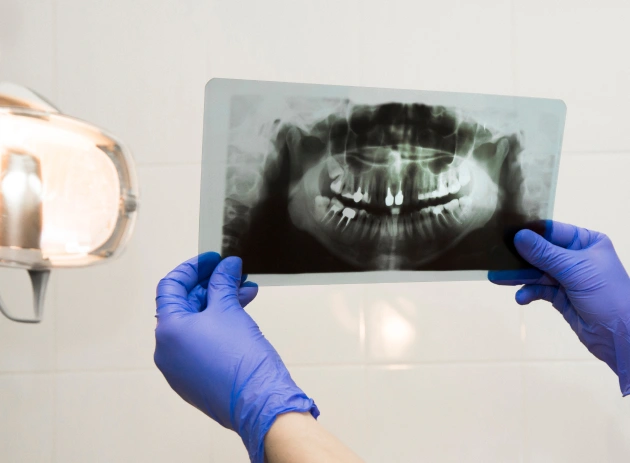
The Importance of Dental X-rays for Early Detection
What Dental X-rays Can Show
- Abscesses and cysts
- Bone deterioration
- Tumors (cancerous and non-cancerous)
- Decay between teeth
- Developmental issues
- Misaligned teeth and roots
- Problems within a tooth or beneath the gum lin
Are Dental X-rays Safe?
We are all naturally exposed to radiation in our environment, and the radiation from a full-mouth series of X-rays is equivalent to the amount a person receives in one day from natural sources.
Dental X-rays produce a low level of radiation and are considered safe. To minimize radiation exposure, dentists take precautions such as using lead apron shields for body protection and employing modern, fast film technology that reduces the exposure time for each X-ray.
How Often Should Dental X-rays Be Taken?
The need for dental X-rays varies depending on each patient's unique oral health needs. Your dentist and hygienist will determine which X-rays are necessary based on your medical and dental history, exam results, symptoms, age, and risk factors for dental disease.
A full-mouth series of X-rays is typically recommended for new patients and is usually valid for three to five years. Bite-wing X-rays, which capture the top and bottom teeth biting together, are taken during regular check-up visits and are generally recommended once or twice a year to identify any new dental issues.

